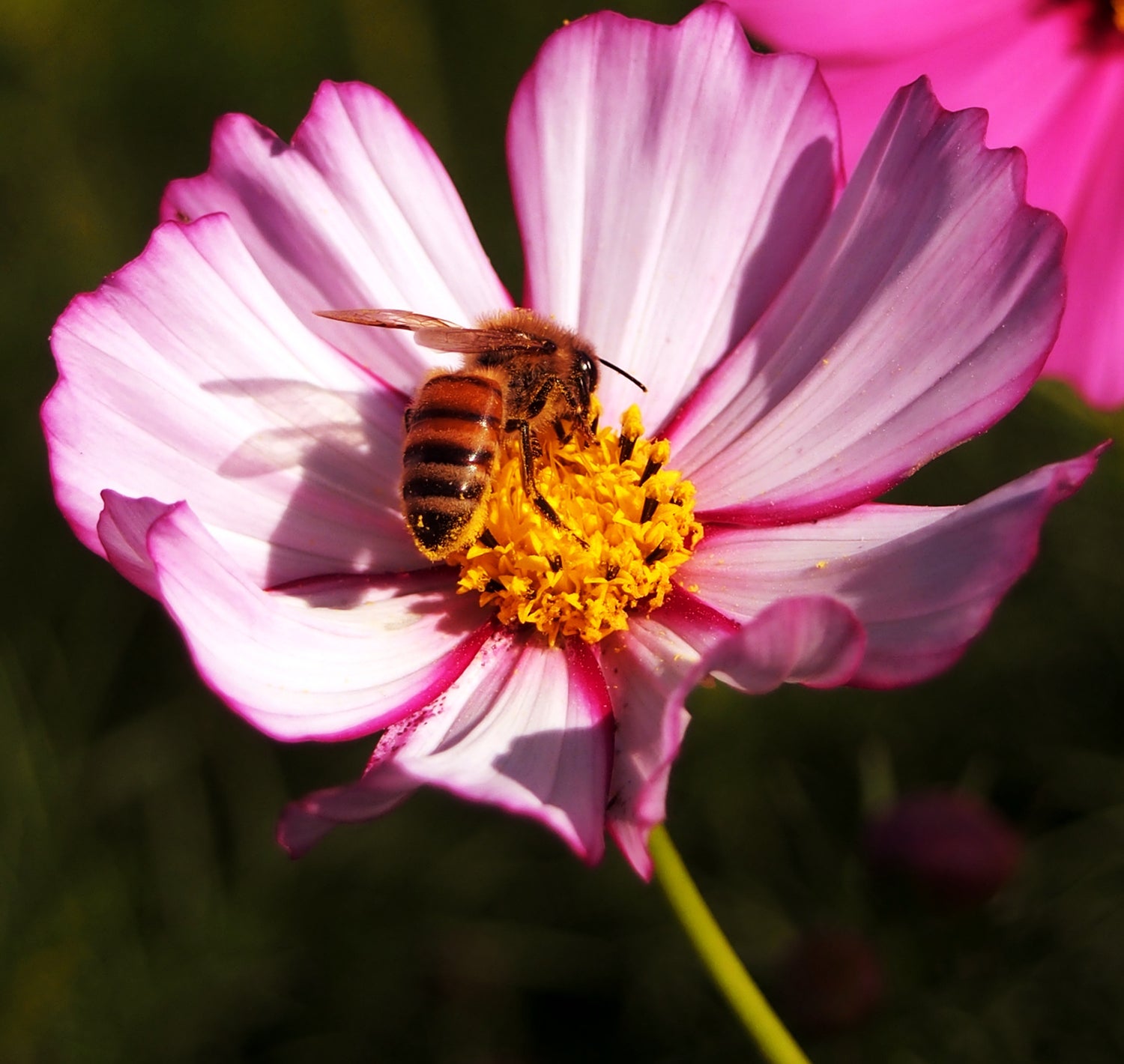COLUMN: Summer reflections on the honey bee
Published 12:37 pm Wednesday, July 22, 2020

- Honey bees are crucial to pollination of many plants that produce food. (FILE)
|
Getting your Trinity Audio player ready...
|
By JOYANNA LOVE/ Managing Editor
The other day as I was walking in some grass I looked down and noticed a honey bee on a clover flower.
Given all I have heard about the decline of the honey bee population over recent years, I was glad I didn’t step on it.
I am not used to seeing honey bees around. Mostly, I see hornets. Hornets are so much more scary looking than honey bees.
Believe it or not I have learned a lot about bees just through working for The Clanton Advertiser. The local beekeeping association and the state conference held here have served as good sources for stories and fun pictures.
It was at one of these events that I first heard about colony collapse disorder, which is when a colony of bees suddenly dies off. A variety of factors can contribute to this, including parasites. Fortunately for Chiton County produce, there are a number of local beekeepers working to keep these primary pollinators local.
In recent months, I have had the opportunity to interview two beekeepers about what they do with the honey they collect. There are a number of possibilities, ranging from selling it raw to using it for an ingredient in soap.
My most recent interview was about a delicacy I had never heard of until recently — creamed honey. The creaming process causes the honey to crystalize at a rate faster than normal creating a thicker, more spreadable honey. It also gives the opportunity to add flavors.
Raw honey also has been said to have a number of medicinal purposes.
Honey bees have been known to make hives in some not so convenient places for homeowners. The Chilton County Beekeeper Association can help remove them. Contact information is available on the Chilton County Beekeeper Association Facebook or website.
By calling in someone who can relocate the bees rather than simply spraying them, residents can help local bee populations survive.



